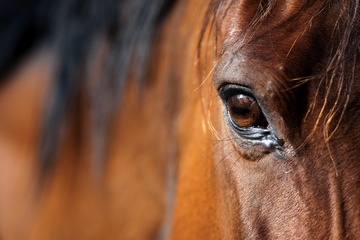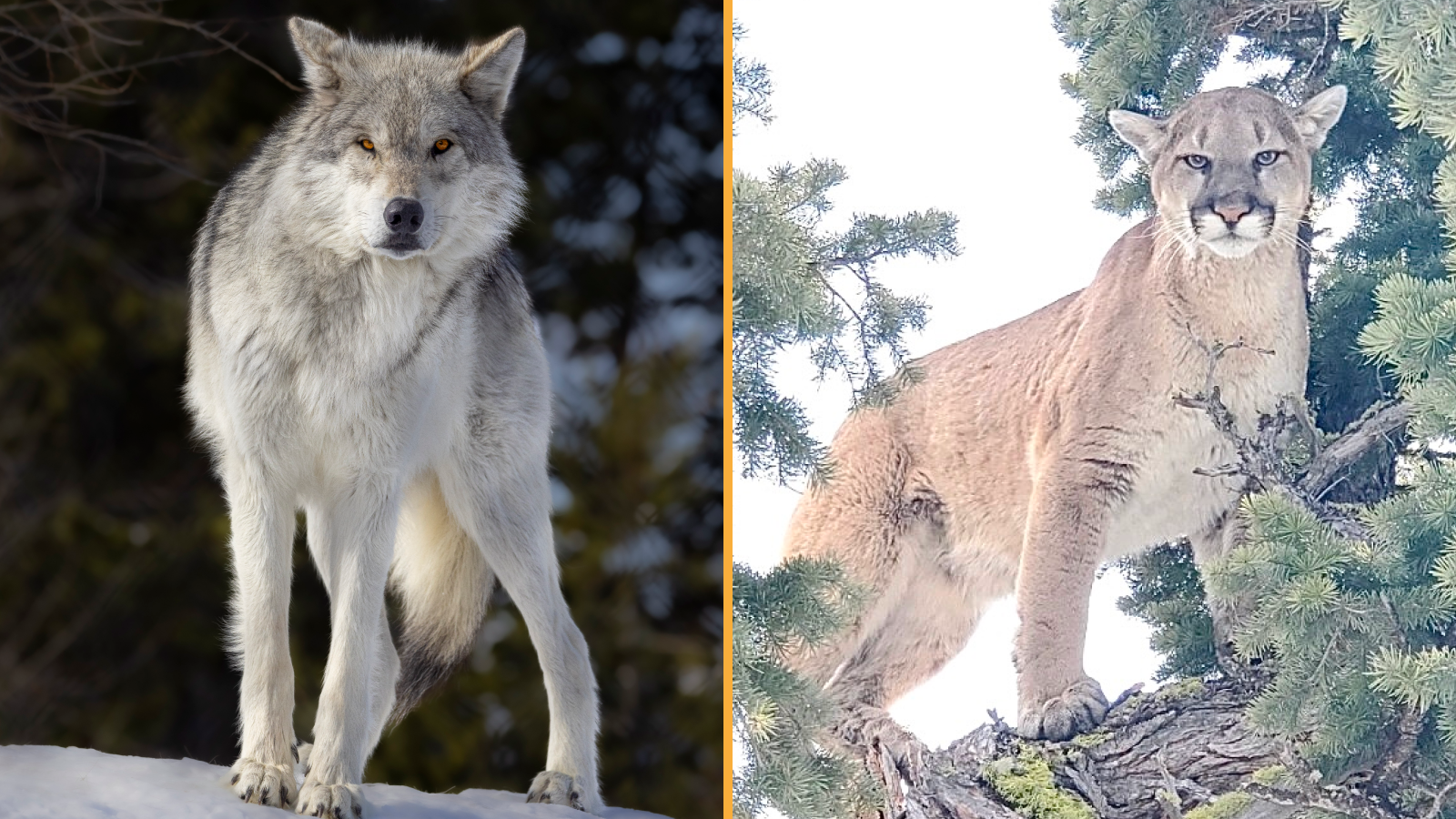What Does Horse Meat Taste Like?

People throughout Ireland and the U.K. have been scandalized by revelations that some of their beef products (such as frozen beef lasagna) have actually been made with horse meat instead of beef.
It was also revealed that consumers may have been duped into dining on horse meat for up to a year, according to USA Today. Only DNA testing revealed the presence of horse meat. This leads one to ask: What does horse meat taste like?
(And — jokes about the British palate notwithstanding — couldn't anyone tell the difference?)
Horse meat is widely reported to be somewhat sweet, a little gamey, and a cross between beef and venison, according to the International Business Times. While meat from younger horses tends to be a bit pinkish in color, older horses have a darker, reddish-colored meat.
It's also a very versatile meat that lends itself to a variety of preparations — which is why it's so popular in so many different cultures, according to the Huffington Post. (And why, perhaps, it was so easy to disguise in frozen lasagna.)
In northern Italy, horse meat is used to make pastissada de caval, a rich, hearty stew ("caval" is Italian for horse). In Japan, horse meat, or basashi, is sliced thin and eaten raw. Horse is also the basis for many dishes in Kazakhstan, Indonesia and Mongolia.
The meat is leaner than beef or pork, so it needs a shorter cooking time to avoid dryness. It's also high in iron and omega-3 fatty acids, according to KQED, a public radio and TV station. Nonetheless, horses aren't considered food in many countries, including much of China, North America and the British Isles. [7 Perfect Survival Foods]
Get the world’s most fascinating discoveries delivered straight to your inbox.
Some critics responding to the scandal in the U.K. over horse meat have sounded the alarm about contaminants that might be present in the meat, such as the drug phenylbutazone, or "bute," according to PulseToday.
Bute is an anti-inflammatory painkiller that has been used in the treatment of musculoskeletal disorders such as rheumatoid arthritis in dogs and horses. It's been banned from use in humans, as some people have had adverse reactions to the drug, according to the National Institutes of Health (NIH). "As phenylbutazone can cause severe toxic reactions, it was ... banned from use in food-producing animals as it is unclear whether there is a 'safe' level of the drug," according to a statement by the NIH.
Britain's chief medical officer, Dame Sally Davies, said an investigation is underway to determine how horse meat got into the food supply, according to the NIH. "There is nothing to suggest a safety risk to consumers who may have eaten the products. All of the retailers involved so far have removed potentially affected products from their shelves.
"There is currently no indication that phenylbutazone — bute — is present in any of the products that have been identified in this country but the FSA [Food Standards Agency] has ordered further tests to confirm this," Davies said.
"It's understandable that people will be concerned, but it is important to emphasize that, even if bute is found to be present at low levels, there is a very low risk indeed that it would cause any harm to health," she said.
Follow LiveScience on Twitter @livescience. We're also on Facebook & Google+.

 Live Science Plus
Live Science Plus





